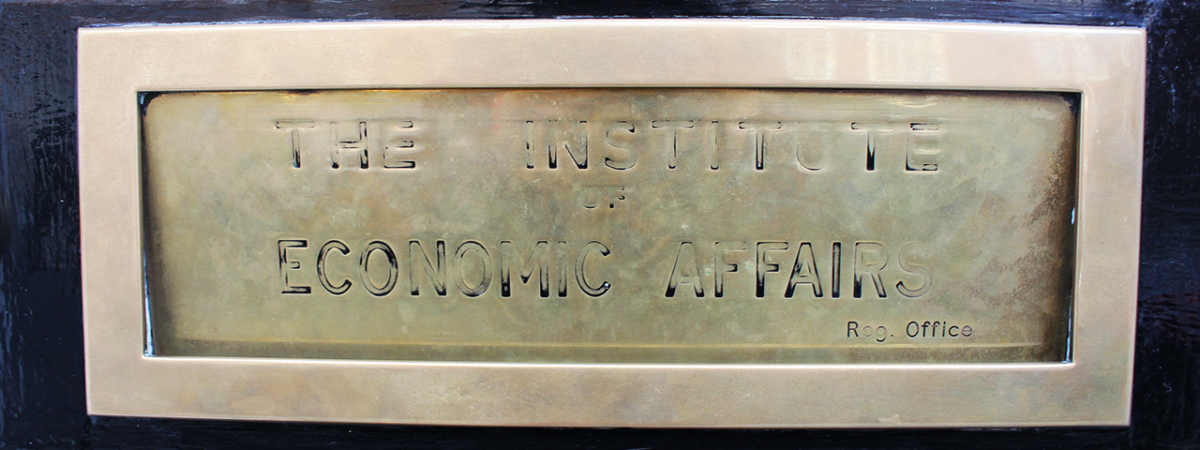Twitter is the Instagram of ideas. And free-market liberals need to start taking it seriously
SUGGESTED


People who hold the uncool, low-status opinion that capitalism is quite good, and that the alternatives have been found wanting, often console themselves with phrases such as “Twitter is not the real world”. Sure, the socialist left dominates Twitter. But Twitter, they say, is a left-wing echo chamber, far removed from the concerns and attitudes of “real people” in “the real world”.
I call this the Las Vegas model of Twitter: the idea that “what happens on Twitter stays on Twitter”. In terms of day-to-day politics, that model is clearly correct. You often get Twitterstorms raging for days on end, and then afterwards, a poll comes out which shows that the rest of the country has barely registered it.
The alternative to the Las Vegas model is what you could call the Instagram Influencer model of Twitter: the idea that the site is a place for trendsetters and early adopter of fashionable opinions, which then eventually spill over into the real world, and become the mainstream opinions of tomorrow.
Instagram influencers and their followers are hugely unrepresentative of the general population. They spend far more time thinking about fashion (or whatever their area of influence) than the average Joe does. In the short term, they have no detectable impact on “the real world”. But this does not mean that influencers are not influential: they by definition are – the clue is in the name.
Is there a similar process at work in the realm of ideas?
We cannot really test the validity of the Instagram Influencer model of Twitter empirically, because we cannot establish causality. But we can certainly test to what extent the typical “Twitter opinion” is shared by Millennials (people born between the early 1980s and the mid-to-late 1990s) and Zoomers (people born since then).
To this end, the IEA has commissioned a poll from Forefront Market Research. In my new IEA report Left Turn Ahead: Surveying attitudes of young people towards capitalism and socialism, I summarise the main findings from our poll, while also discussing how they fit in with what we already know from earlier polls and attitude studies.
It turns out that Twitter opinions are quite widespread in the real world…
- 76% of Zoomers and 75% of Millennials agree with the fashionable Twitter opinion, promoted by the likes of Extinction Rebellion, that climate change is a specifically capitalist problem.
- 67% of Zoomers and 73% of Millennials agree with the fashionable Twitter opinion, promoted by the likes of Black Lives Matter, that capitalism fuels racism.
- 70% of Zoomers and 74% of Millennials agree with the fashionable Twitter opinion, promoted by the likes of the New Economics Foundation, that capitalism promotes selfishness, greed and materialism.
- 75% of Zoomers and 79% of Millennials agree with the fashionable Twitter opinion, promoted by the likes of Momentum, that Britain’s housing crisis is a market failure.
- 67% of Zoomers and 75% of Millennials agree with the fashionable Twitter opinion, promoted by the likes of Keep Our NHS Public, that private sector involvement is a threat to the NHS.
Does this mean that Britain is turning into a gigantic, three-dimensional version of Twitter, from which you can never log off?
Not quite. On the whole, our polling data does not consistently point in a socialist direction. It does, in fact, not consistently point in any direction. Anti-capitalist statements always receive high levels of approval, but sometimes, diametrically opposed pro-capitalist statements on the same subjects receive majority approval too. “Millennial Socialism” is not a militant, fully-formed Marxism-Leninism. It is a very diffuse and confused knee-jerk socialism.
But that is what happens when the opinions of a politically active and engaged minority become the mainstream opinion: they get watered down, they get simplified, and they become less coherent. The process is nonetheless real.
So if you are a supporter of the market economy, don’t count on “real people” in “the real world” to bail you out. Instead, get a Twitter account, and join the bubble. It’s where the action is.
This article was first published on CapX.
Suggestions for further reading/watching/listening:
- “Left turn ahead: Surveying attitudes of young people towards capitalism and socialism” by Kristian Niemietz
- “Majority of young Brits want to live under a socialist economic system” – Interview with Kristian Niemietz on GB News
- “Socialism or capitalism?” – Interview with Kristian Niemietz on talkRADIO





